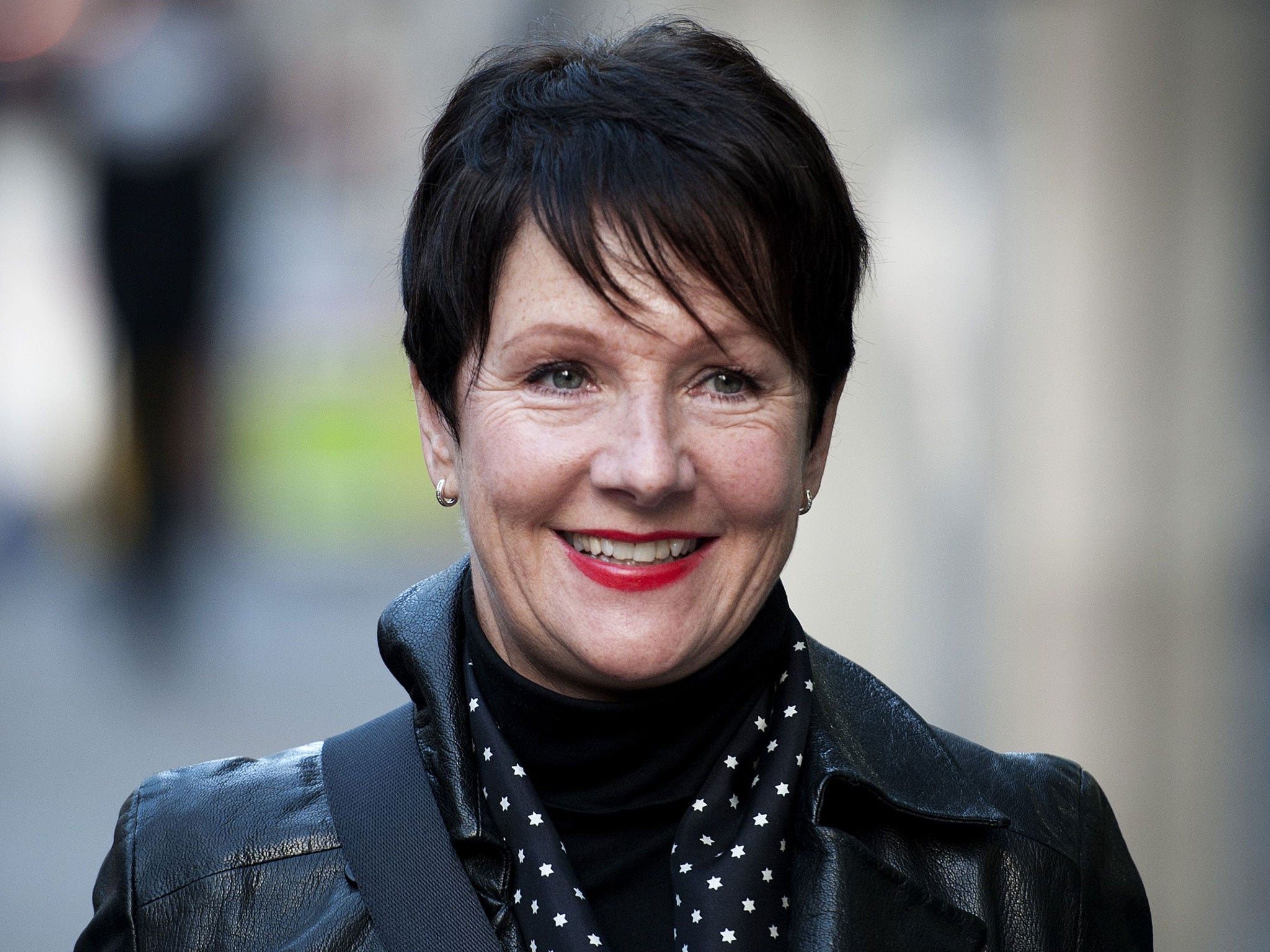BBC faces fresh allegations of ageism and sexism after female journalists are 'rubbed out'
Multi-award-winning broadcaster Olenka Frenkiel claims she was 'treated as though I wasn't there' after 30 years at the corporation

Your support helps us to tell the story
From reproductive rights to climate change to Big Tech, The Independent is on the ground when the story is developing. Whether it's investigating the financials of Elon Musk's pro-Trump PAC or producing our latest documentary, 'The A Word', which shines a light on the American women fighting for reproductive rights, we know how important it is to parse out the facts from the messaging.
At such a critical moment in US history, we need reporters on the ground. Your donation allows us to keep sending journalists to speak to both sides of the story.
The Independent is trusted by Americans across the entire political spectrum. And unlike many other quality news outlets, we choose not to lock Americans out of our reporting and analysis with paywalls. We believe quality journalism should be available to everyone, paid for by those who can afford it.
Your support makes all the difference.The BBC faced fresh allegations of sexism and ageism this weekend after a former employee claimed that she and her female colleagues had been systematically sidelined and pushed out of the corporation once they reached their fifties.
Olenka Frenkiel, a multi-award-winning broadcast journalist, said that after "30 great years" with the BBC she found herself "being rubbed out", with fewer opportunities to showcase her work.
"While I could see the guys of my age thriving, the women were gone," she wrote in The Guardian. "No more films were being commissioned from me. It was a struggle to get any assignments. HR [human resources] had no record of me, and my managers had omitted to appraise me for three years. My salary was still paid, but apart from that, I was treated as though I wasn't there."
Despite efforts to revive her position within the organisation, her career began to slide. She described how her position became untenable: "They decide it's time for you to go. They starve you of work – then point out your low productivity and the fights you've had to get your reports on air. Now you're not just unproductive, you're also difficult."
Her comments suggest that little has changed for older women within the BBC since Miriam O'Reilly won an age discrimination case against the public broadcaster in 2011.
Ms Frenkiel spoke out after listening to evidence presented at a House of Lords select committee hearing on women and the media last week, which included contributions from Ms O'Reilly, Channel 4 News presenter Cathy Newman and Penny Marshall, the BBC's education editor. Her comments will add to pressure on media companies to improve the way they treat older female employees.
Once Ms Frenkiel decided to leave the BBC – "because they had made it so unpleasant" – she was asked to sign a gagging clause but refused to do so, retaining her right to share her experiences. "I didn't see why I should remain silent," she said. "I refused to sign the gags and argued I was still a journalist and entitled to discuss this issue in public, drawing on what I knew to be true."
Join our commenting forum
Join thought-provoking conversations, follow other Independent readers and see their replies
Comments